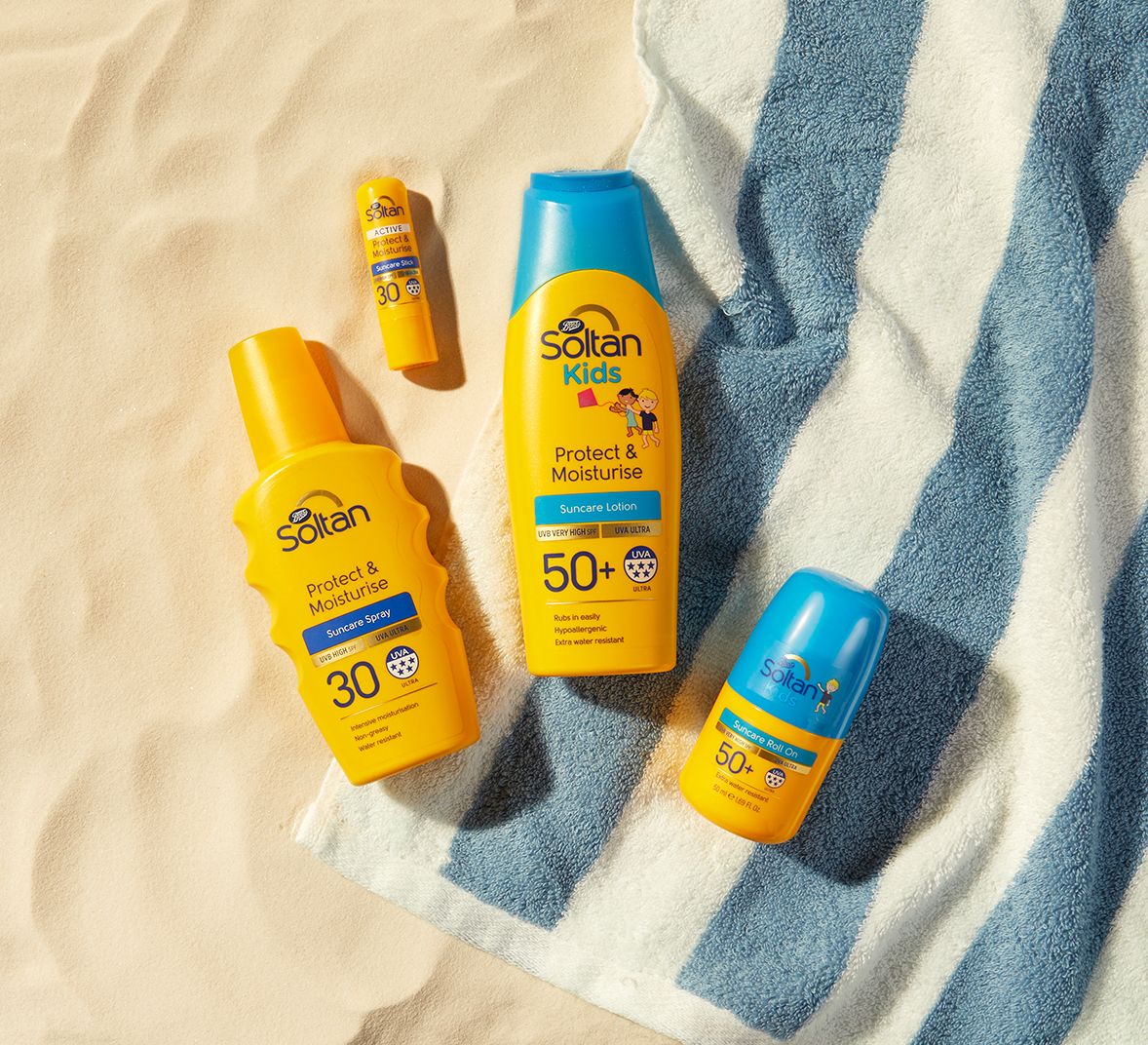Sunscreen brand to stop producing lowest SPF products to encourage safety
Boots’ own-brand Soltan has stopped making SPF 30 products for children and SPF 8 products for adults as part of a partnership with Macmillan.

A sun cream brand is to stop producing products with an SPF of lower than 50 for children and 15 for adults to encourage customers to lower their risk of developing skin cancer.
Boots’ own-brand Soltan has stopped making SPF 30 products for children and SPF 8 products for adults as part of a partnership with Macmillan Cancer Support to improve awareness of sun safety.
SPF (Sun protection factor) refers to the amount of UVB protection a product provides from the damaging effects of the sun.
The higher the SPF, the greater the protection from UVB rays and sunburn and the lower the risk of developing skin cancer.
Soltan spokeswoman Clare O’Connor said: “Through our partnership with Macmillan, we’re committed to taking action to improve sun safety.
“We know that using sunscreen is one of the main methods of keeping skin protected in the sun, so we want to support our customers to make a simple switch to protect their skin with higher SPF with UVA protection.
“This is particularly important for children, whose skin is more vulnerable to sun damage, so we want to help parents in choosing the highest protection available.”
Dr Anthony Cunliffe, national clinical adviser for primary care at Macmillan, said: “Initiatives like this are really important because wearing higher factor SPF, along with steps like spending time in the shade, can provide better protection from the sun and lower your risk of developing skin cancer.
“Anyone with concerns about changes to their skin should contact their GP, and they can also chat to specially trained nurses on the Macmillan support line.”
Bookmark popover
Removed from bookmarks